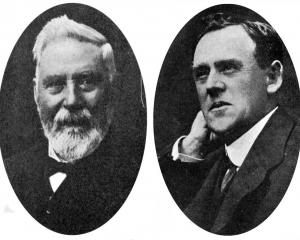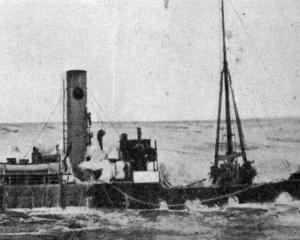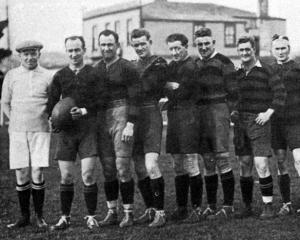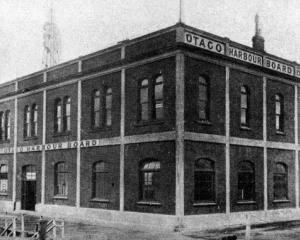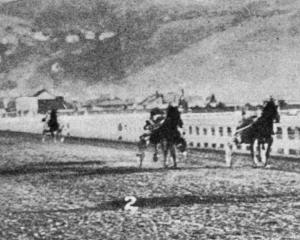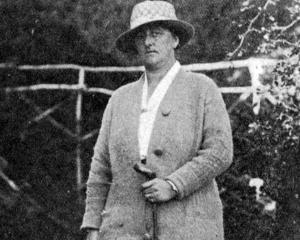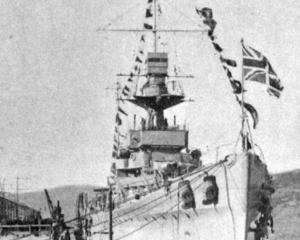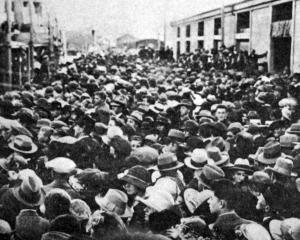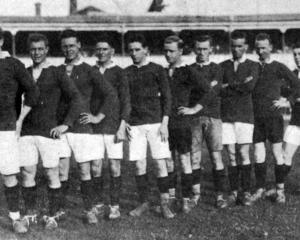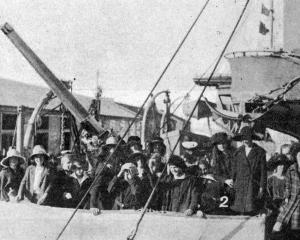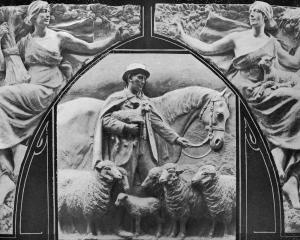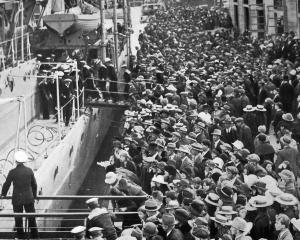Whether there would ever be great battles between air fleets only the distant future could tell.
Personally none regretted the killing of non-combatants more than himself, but had they not been killed by other war engines?
Simply because England feared Zeppelins would destroy her splendid isolation, she failed herself to build something similar, but hoped to arouse the world to bring pressure to bear against Germany's use of a weapon which was not available to England.
Count Zeppelin claimed that unfortified towns occupied by troops were properly a target for attacks.
He declined to say whether an aerial attack on London was being planned, or if Zeppelins had failed his expectations, but he stated that they were far from perfection, and that we were only at the beginning of the science of aerial navigation.
The question whether the principle of giving charitable aid to dependents of men who have gone to the front is right or wrong was raised at the monthly meeting of the Southland Hospital and Charitable Aid Board.
The point cropped up as the result of Mr Kerse inquiring with reference to a Gore case in which an allowance was being made to the wife of a man who had gone to the front.
The member named said that he did not think that the board was the proper body to give relief in such cases, and he objected very strongly to an allowance being given.
He further stated that he knew the case to be a deserving one, and that he had every sympathy with the woman concerned, but he objected to the board granting an allowance in a case that should have been provided for in some other way.
The Secretary stated that the woman was getting a portion of her husband's pay - amounting to 3s 6s a day - and this was being supplemented by the board.
The Chairman remarked that while he agreed with Mr Kerse on the question of principle, he did not see what could be done.
Mr Kerse said that it was disgraceful that the dependents of a man who had gone to the front prepared to lay down his life should have to come to that board for relief. He was ashamed of it.
After further discussion the matter was held over, the secretary being instructed to write to the Gore Patriotic Committee, stating that at its next meeting the board would discontinue the allowance in affirmation of the principle that the dependents of those who had gone to the front should not be a tax on charitable aid funds.
It was mentioned during the course of the discussion that the woman referred to has four children, all of whom are under 10 years of age.
Dunedin's seventh picture show is, apparently, shortly to be established.
It appears that a company has secured a site in Princes street, opposite the National Bank, where ''flickergraphs'' will be shown nightly, and, perhaps, daily.
Some arrangement will be necessary to dispossess the solicitors and business men in temporary tenure, but the company is said to be a strong and financial one, and no great difficulty is anticipated.
The new theatre boasts a back entrance on Rattray street, and will thus be able to cope satisfactorily with any huge crowds that may inundate its theatre.
Its central situation augurs well for its success. - ODT, 12.2.1915.

